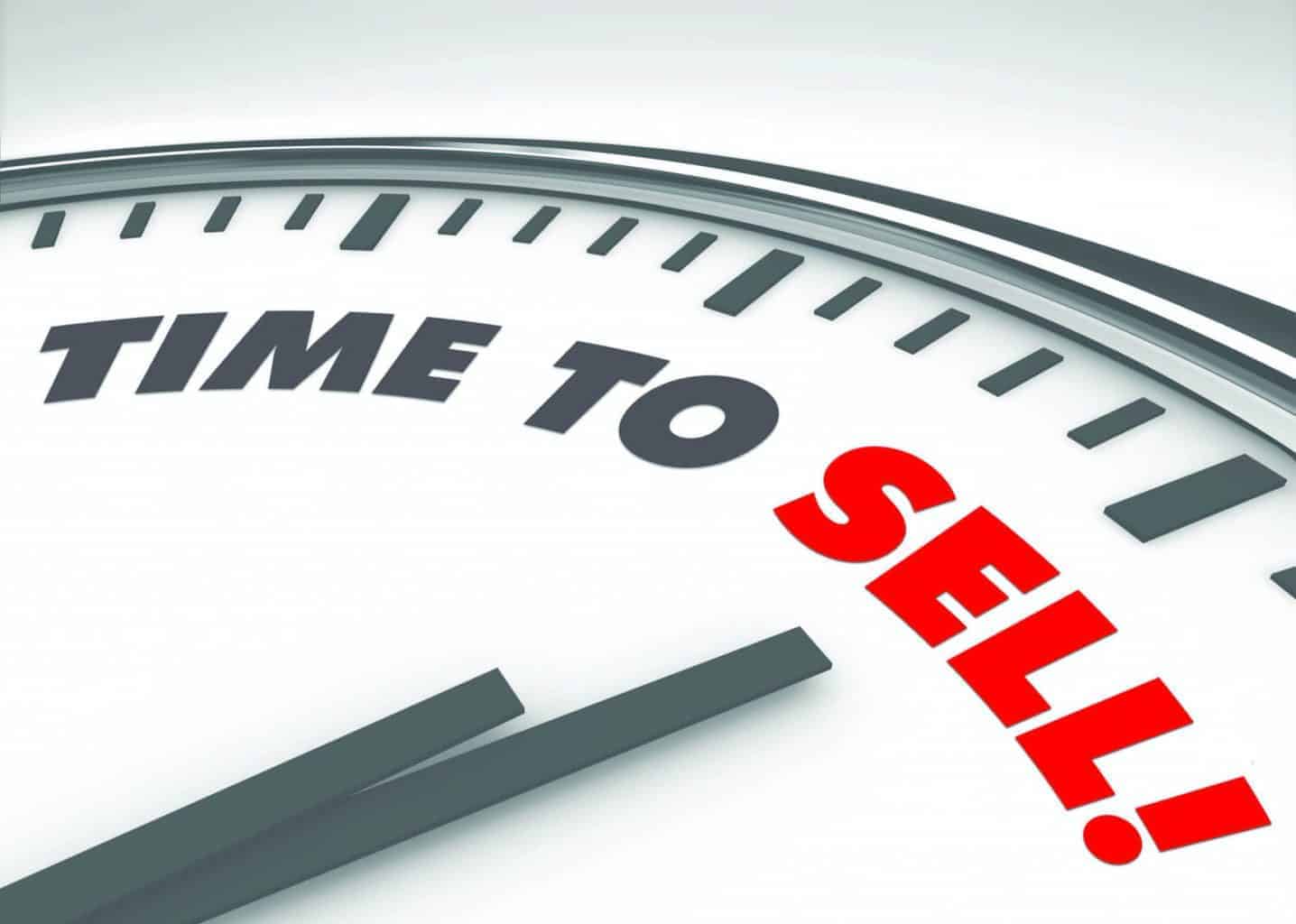
“This is the best time since the recession to sell your business,” says Rick Rickertsen, managing partner of Pine Creek Partners, a private equity firm based in Washington, D.C. “There are three reasons why. First, there is a lot of economic optimism and that always impacts what people will pay. Second, banks are getting more aggressive about lending. Third, interest rates are at record lows, so buyers can borrow money at favorable rates.”
What price? No doubt, your first question will be: How much can I get for my company? On the upside, purchase prices are higher than they’ve been for several years. On the downside, no one is claiming that acquisition prices have rebounded to their prerecession levels.
The answer to the question of selling price depends on the same factor that has determined commercial transactions for decades: bottom-line performance. Most businesses are priced at a level equal to four to six times their cash flow.
“Ultimately, buyers care most about the cash your business generates,” Rickertsen says.

Growth expectations. Can you get a multiple of six or even seven times your annual cash flow for your business? Maybe, particularly if you can convince a buyer of your company’s favorable growth prospects. A retailer with a unique concept might get up to eight times its cash flow, Rickertsen says. A mattress manufacturer with attractive patents or one operating in a high-growth niche also might command a premium.
Regional economics. Are you headquartered in or selling your products into a fast-growing, economically strong part of the country? Buyers may be willing to pay more for what seems to be a promising basis for generating higher cash flow in the future.
To increase your selling price, you need to put together a convincing argument that your company will be affected by such factors.
Some business owners believe that a strong brand can boost a selling price. That may be true—especially if you’ve developed a special relationship with customers—but limit your expectations.
“Business owners always think their companies are the greatest in the world,” Rickertsen says. “They feel they are loved in their community and, therefore, they should get a seven multiple. Bear in mind that you have to let math—rather than emotion—drive your price.”
Getting outside help
The process discussed thus far provides a basic primer on determining a potential selling price. But what about a more structured, detailed approach: Is there any value in having your business appraised?
It depends. If there are any extenuating circumstances pertaining to your business, you may want to pursue an independent valuation.

Interest in a valuation also can come from the buyer’s side.
“Sometimes a buyer needs to determine fair value,” Myers says. “An appraiser can provide assistance determining a selling price.”
However, absent unusual circumstances, you may decide to forego a valuation. Not all business experts think that one is required.
“To hire an accounting firm to do an appraisal for value is basically meaningless,” Rickertsen says. “(Most) buyers just don’t care about appraisals—they care about precedent transactions in that space. Suppose you have a five-store retail chain in Michigan that you want to sell. There will be similar retailers who have sold in that market and their sale price will provide insight into multiples.”
Regardless, it’s smart to pay a certified public accountant to examine your financials because the results can provide a buyer with a seal of trust regarding your numbers.
“It is often a good idea to have a CPA prepare ‘reviewed’ or ‘compiled’ financials rather than audited ones,” Myers says. While a review may cost several thousand dollars, an audit may run $20,000 to $30,000, even for a modest-size organization.
Hiring a broker
When selling a business, it can be valuable to obtain representation in the form of a broker.
“You do want to hire a representative—an investment banker—hopefully one that has expertise in your sector and who knows who the buyers are,” Rickertsen says. “There is a rich universe of bankers who represent businesses for sale. They help you put together a presentation, contact buyers and can be your ‘bad guy’ in negotiations.”
Dylan Shrader, general manager for BizQuest.com, a Los Angeles-based online marketplace for buying and selling businesses, agrees.
“A business broker can help you prepare your business for sale, market your business and maintain the confidentiality of your sale,” Shrader says. “A good business broker will know the best avenues to market your business, be it through their personal network, on the Internet or in print.”
Using a professional intermediary such as a broker can be of particular value in keeping negotiations and marketing under wraps.
“Keeping the sale of your business confidential is often imperative to the livelihood of the business,” Shrader says.
Find a broker who possesses knowledge of your local market and, ideally, the mattress or furniture industry or, at the very least, manufacturing. Cast a wide net to garner a number of prospects.
“Internet directories and professional organizations are both good places to seek out business brokers,” Shrader says.
Some websites, such as Shrader’s own BizQuest.com, maintain directories of business brokers that allow you to search for brokers in your community. The International Business Brokers Association (www.ibba.org) has a certification program that requires members to meet educational and professional standards. Many state and regional associations, such as the Ohio Business Brokers Association (www.obba.org), also are good resources.
Readying for success
But selling your business requires more than just setting a price. It also requires preparation to make your company as attractive to potential buyers as possible.
“The No. 1 thing is to plan well in advance,” Myers says. “I cannot emphasize that enough. You do not want to be in the position of saying, ‘We’re ready to sell,’ and not have your groundwork done. Start planning as early as four or five years before your actual sale. That provides the breathing room to sit down and deal with matters such as potential buyers and what type of corporate structure would be best for a sale.”
You may need to retool your business to appeal to buyers. A selling price often can be improved by changing the basic philosophy of the operation.
“It often happens that a business will be operated mainly with tax savings in mind,” Myers says. “Maybe most of the compensation has been going to the owner with the idea of paying the least amount of taxes. You may change that approach to one that is financially motivated. While taxes are still important, you may want to make your business as profitable as possible. From the standpoint of buyers, there is a lot of comfort in seeing a decent number on the bottom line.”
Additionally, you should work to diversify your customer base.
“It is worrisome to have only one or two customers. The business that has a single customer representing 50% of revenues will get a lower multiple than a business where no customer represents more than 10%,” Rickertsen says.
And, he says, “make yourself as unimportant as you can.”
“You do not want to have the business dependent on you,” Rickertsen says. “If you can go on vacation for a month and the business can still run fine, then you have a saleable business.”
Address those factors and you’ll have a solid foundation for a profitable sale.
“Selling a business successfully boils down to one word: preparation,” Shrader says. “Has the seller done everything possible to prepare the business for sale? Is the business strong financially and showing signs of growth? Does the seller have all the financial documentation ready that will be required in the due diligence process?”
Ultimately, Shrader says, a successful transaction will depend on a psychological factor: the personal readiness of the seller.
“Many business owners underestimate the emotion involved in the sale of a business that they may have spent years and, in some cases, blood, sweat and tears building up.”
You also need to be patient. Closing a deal often takes longer than you may anticipate.
“The time required to sell a business can vary, depending on the market,” Myers says. “I seldom see a sale happen sooner than six months after the process starts. And it can take nine months to a year.”
~~~
Please link to this page: How to Prep Your Business for Sale




